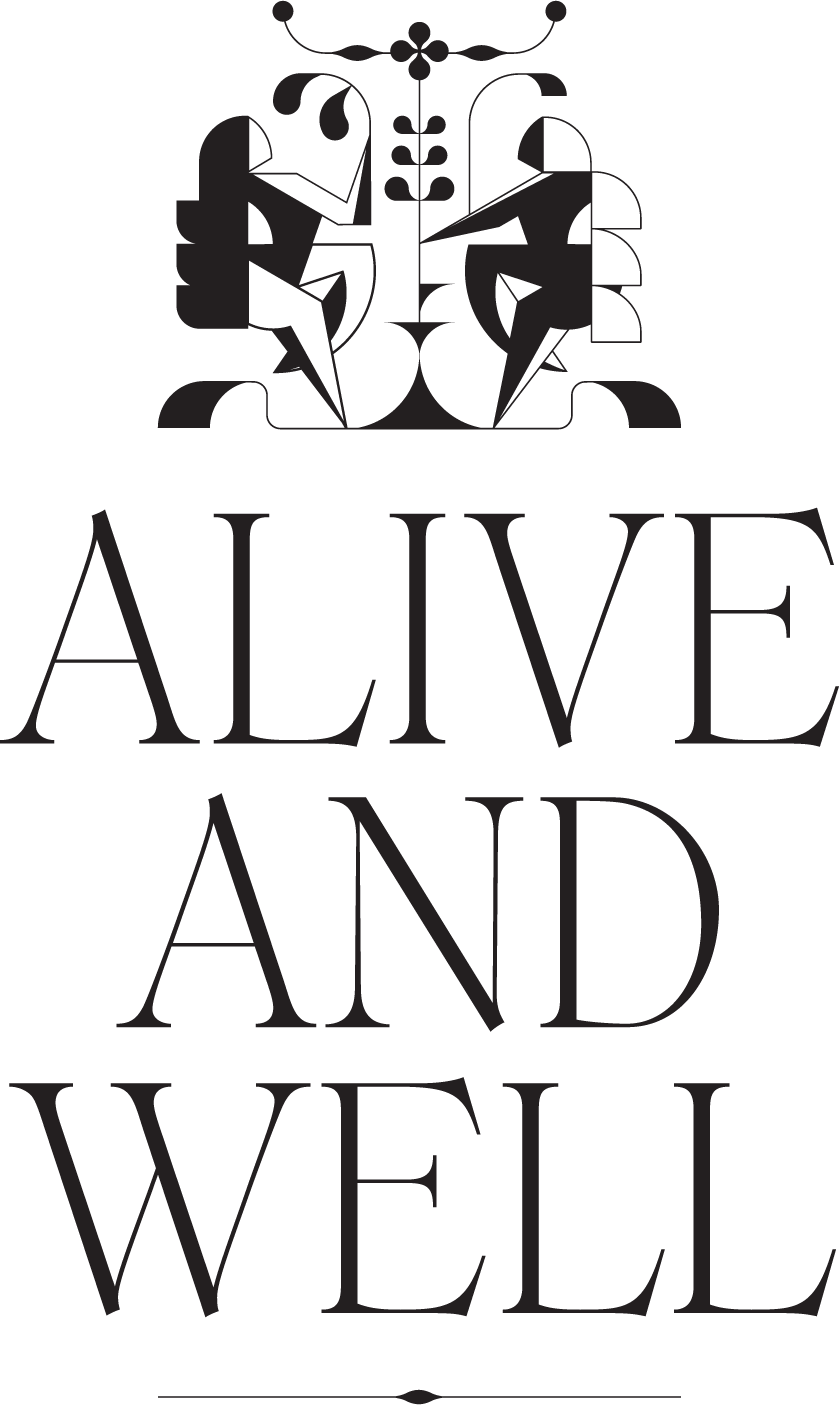Integrative and functional medicine are the same idea, right?
Not exactly.
As two unconventional medicines, integrative and functional medicine are frequently grouped together. The shared emphasis on whole-body care and patient-provider relationships leads to misconceptions about shared diagnostics, treatments, and philosophy.
These practices are not the same.
Functional medicine leverages lifestyle changes, comprehensive lab testing, and a root-cause approach. On the other hand, integrative medicine combines conventional medicine with alternative therapies.
In this blog, we’ll discuss the similarities and differences between functional and integrative medicine. We’ll provide you with information about each practice so you can make an informed decision about your medical care.
What is Functional Medicine?
Functional medicine is an individualized, unconventional approach to healthcare. It focuses on identifying root-causes by understanding the human biological system as a continuum that changes as it interacts with the environment.
This medical practice emphasizes the use of labs, personalized care, lifestyle changes, and tracking results. Functional medicine looks to understand how genetic, environment, diet, and lifestyle factors work together in creating health.
What is Integrative Medicine?
Integrative medicine is also an individualized approach to healthcare with emphasis on the entire being—including mind, body, and spirit. This practice involves intertwining conventional medicine with alternative therapies like acupuncture, yoga, red light therapy, ozone, and more.
Integrative medicine may be practiced by conventional or functional medicine doctors.
Conventional vs Unconventional Medicine
The historical background of the socially accepted integrative and functional medicine is fairly new, but both of these practices date back for centuries.
In order to understand why these practices are so “new”, we must first define the difference between conventional medicine and unconventional medicine.
Conventional Medicine Definition
A system in which health professionals who hold an M.D. or D.O. degree treat symptoms and diseases using drugs, radiation, or surgery.
Unconventional Medicine Definition
Medical interventions not taught widely at U.S. medical schools or generally available at U.S. hospitals.
Historical Backgrounds of Integrative and Functional Medicine
Origins of Integrative Medicine
Integrative medicine sprouted into the medical realm in the early 20th century as part of a social movement called “drugless healing”. This was the time when words like homeostasis, naturopath, and the power of healing entered society.
During this time, leaders Henry Lindlahr, MD, and Benedict Lust, proposed that our bodies already have the strength to defeat disease. These men suggested that it’s possible for this strength—the vital force—to be activated without drugs. This doesn’t mean that they believed we’re invincible. Instead, they hypothesized that there are health modalities that don’t involve drugs, like acupuncture, cupping, meditation, and yoga.
Throughout the century, “drugless healing” evolved into what we know today—integrative medicine—in 1995.
Origins of Functional Medicine
The origin of functional medicine is similar to integrative medicine. The first noted hypothesis dates back to 1871 when an esteemed physician named Dr. Willoughby Wade suggested that disease is caused by some type of dysfunction or imbalance.
Fast forward nearly 100 years later, British Columbia physicians brought forth evidence that genetics are not the sole controller of health. Instead, our physical, metabolic, cognitive, and behavioral levels affect genes and predisposition to disease, organ and tissue function, cellular performance, and biochemical and energetic processes.
Integrative vs Functional Philosophical Underpinnings
Integrative and functional medicine follow philosophies that guide their practices. In this section, we’ll review the core principles defined by medical governing bodies. We’ll dive deeper into these philosophies in layman’s terms throughout the rest of the blog.
Core Principles of Integrative Medicine
- Patient and practitioner are partners in the healing process.
- All factors that influence health, wellness, and disease are taken into consideration, including mind, spirit, and community, as well as the body.
- Appropriate use of both conventional and complementary methods facilitates the body’s innate healing response.
- Effective interventions that are natural and less invasive should be used whenever possible.
- Integrative medicine neither rejects conventional medicine nor accepts complementary therapies uncritically.
- Good medicine is based in good science. It is inquiry-driven and open to new paradigms.
- Alongside the concept of treatment, the broader concepts of health promotion and the prevention of illness are paramount.
- Practitioners of integrative medicine should exemplify its principles and commit themselves to self-exploration and self-development.
Core Principles of Functional Medicine
- Form and function are interconnected and interdependent.
- All aspects of life can be viewed through the lens of form and function.
- We live in a hologram of interconnectedness through homeodynamic relationships.
- The concept of functional systems is operative at every organizational level.
Integrative vs Functional Diagnostic Methods and Tools
Diagnostic Techniques in Integrative Medicine
Since integrative medicine is a facet of conventional medicine, the diagnostic techniques are similar to what you’d experience in a typical doctor’s office. These techniques include exams, testing, and imaging.
Integrative medicine also emphasizes a relationship between the provider and patient. This relationship translates into a diagnostic process that includes discussion about lifestyle, environment, and mental health.
Diagnostic Tools Used in Functional Medicine
Functional medicine providers rely on in-depth lab testing and extensive patient conversations for diagnosis. Testing reveals the body’s functions, imbalances, and how different systems may be affecting one another.
Testing
Functional providers use an array of lab testing, including, but not limited to:
- Genetics testing
- Stool samples
- Hormones
- Metabolic health
- Nutrient levels
- Thyroid
Extensive Patient Conversations
Similarly to integrative medicine, functional medicine values in-depth patient conversations. These discussions surround health history, lifestyle, diet, environment, and symptoms.
Integrative vs Functional Treatment Modalities
Therapeutic Modalities in Integrative Medicine
Integrative medicine treatment modalities are a combination of alternative therapies and conventional medicine. For example, a patient with lyme disease may receive a treatment of antibiotics and ozone therapy.
Conventional Treatments
– Medication
– Physical rehab
– Psychotherapy
– Surgery
Alternative/Complementary Treatments
– Acupuncture
– Yoga
– Probiotics
– Ozone therapy
– IV therapy
– Hyperbaric Oxygen Therapy (HBOT)
– Red light therapy
– Massage
– Colon hydrotherapy
– Lymphatic Therapy
Therapeutic Approaches in Functional Medicine
Functional medicine providers approach treatment with lifestyle changes like adjusting diet, exercise, toxin exposure, and environment. It is also possible that functional providers will suggest some conventional solutions.
These lifestyle changes are not one-size-fits-all. Instead, each treatment is tailored to your biology so you can have the optimal outcome. As you go through treatment, functional providers track your progress through continuous testing and conversations.
Integrative and Functional Patient-Centered Care
Both integrative and functional medicine prioritize patient-centered care. The philosophies highlight understanding patients as a whole person, including their lifestyle, physical, mental, and emotional health. In both instances, a patient should expect to answer many questions about their health and wellness.
Although both practices emphasize communication, the approach is slightly different. Integrative medicine values equality and a deep relationship between a patient and provider. A functional medicine provider may not go as “deep”.
Integrative vs Functional Healthcare Practitioners
Practitioners involved in integrative and functional medicine come from many healthcare backgrounds—MD, RN, RD, DO, nutrition, acupuncture, and more! With their experience, these practitioners earn accreditation to practice integrative or functional medicine.
Integrative Medicine Certification
An integrative medicine certification signifies that a provider has completed an advanced degree, board certification, particular coursework, and fellowships. The certification is offered by many organizations, including, but not limited to:
- American Board of Integrative Medicine
- American Board of Physician Specialties
- Academy of Integrative Health & Medicine
- American Association of Naturopathic Physicians
Functional Medicine Certification
Functional medicine providers can only be certified by the Institute of Functional Medicine (IFM). Although providers may be trained through other institutions, the accreditation only comes from IFM.
In order to be qualified for certification, the provider must complete coursework and:
- Hold at least a master’s level degree in a health related field from an accredited university, with a few exceptions for specialized providers.
- Hold an active healthcare license to practice by the appropriate authority in the state, province, or country of the applicant’s clinical practice.
Addressing Chronic Diseases
Integrative Medicine’s Approach to Chronic Illnesses
Integrative medicine providers take a conventional approach to chronic illness and supplements it with alternative therapies that heal mental, emotional, or spiritual health.
Functional Medicine Strategies for Chronic Diseases
Instead of viewing chronic disease as a collection of symptoms that must be treated individually, functional providers see the symptoms as a system dysregulation. Providers analyze and tackle root causes like diet, stress, sleep, physical activity, infections, allergens, and toxins.
Addressing Common Misconceptions
Integrative Medicine and Functional Medicine Aren’t Legit Medical Practices
Integrative and functional medicine are legit medical practices. Providers must have advanced degrees to practice. These providers aren’t missing medical experience—they actually have supplemental medical experience.
Integrative and Functional Medicine are the Same
Functional and integrative medicine are not the same. Although philosophies are similar, processes and diagnostics differ.
Integrative medicine is typically a combination of conventional medicine and alternative therapies. In some instances, functional medicine providers practice integrative medicine.
However, not every integrative provider is a functional medicine provider, and not every functional provider is an integrative medicine provider.
Integrative and Functional Providers Are Anti-Medication
Integrative and functional providers do prescribe conventional medication when necessary. These providers are not anti-medication or anti-conventional medicine. The difference is that these providers don’t only rely on antibiotics and medication as a solution.
Alive and Well – Functional Integrative Medicine
Integrative medicine emphasizes patient relationships and combining conventional medicine with alternative therapies like red light, acupuncture, and IV therapy. On the other hand, functional medicine values individualized care, root-cause approaches, and lifestyle changes. Although these practices are similar, they are not always intertwined.
At Alive and Well, we combine functional medicine with integrative medicine. Our providers practice functional medicine care and recommend alternative therapies based on in-depth information they’ve collected through your genetics, lifestyle, diet, and lab results.
Our integrative therapies are in-house for convenience and collaboration. We offer:
- Massage
- IV therapy
- Ozone therapy
- Colon hydrotherapy
- Red light therapy
- And more!
We offer functional medicine packages for the opportunity to work with expert providers. Our offerings include:
- Longevity 3.0
- Weight Loss Program
- Women’s Health Program
- Pediatric Functional Medicine
- Adult Functional Medicine
- Lab Testing
With your provider’s full understanding of you, you’ll benefit from tailored lifestyle recommendations and optimized integrative therapies.

















